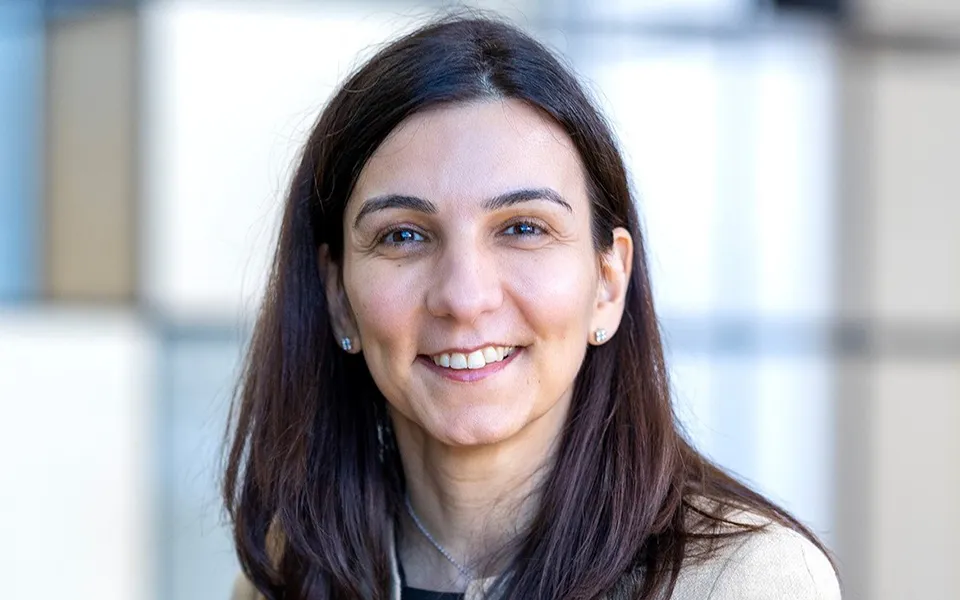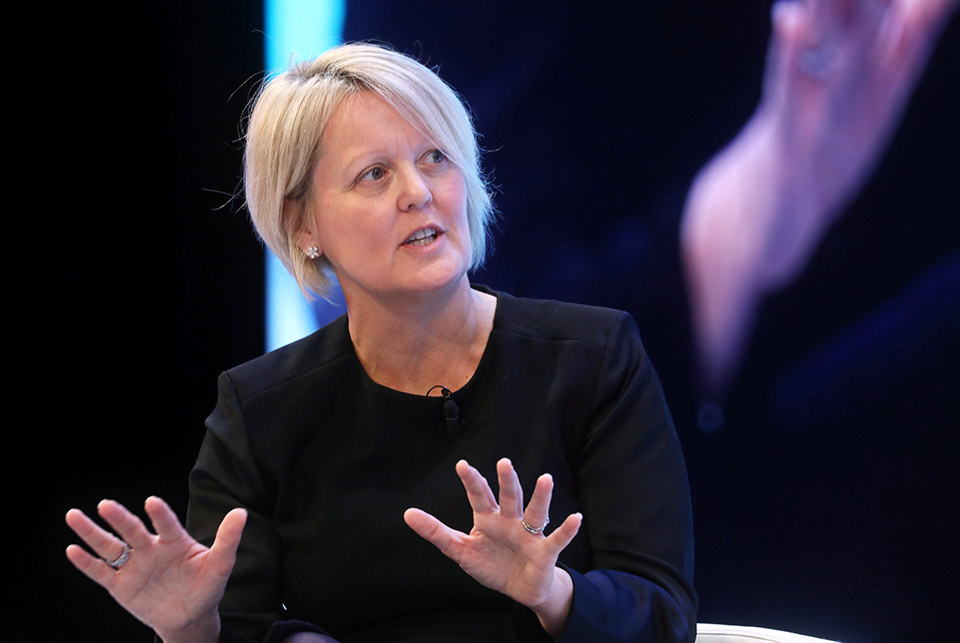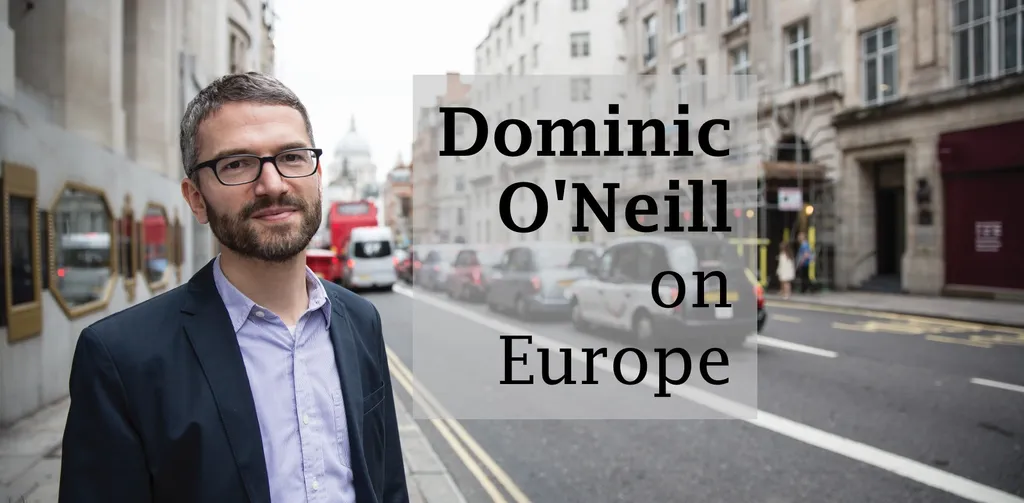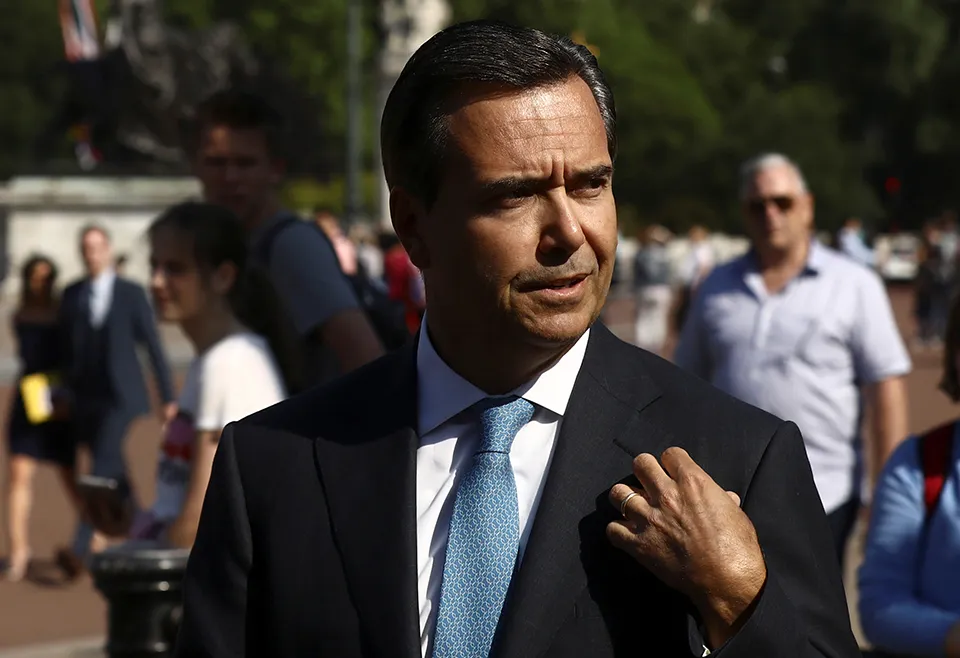Lloyds Banking Group

Corporate banking
ISO 20022: The future view

Capital markets
ISO 20022: The current view

Corporate banking
Lloyds’ Burns on reshaping for client success

Corporate banking
Banks must focus on relationships to regain trust
Awards for Excellence 2023: Best bank in the UK – Lloyds Banking Group

Awards for Excellence





